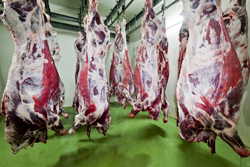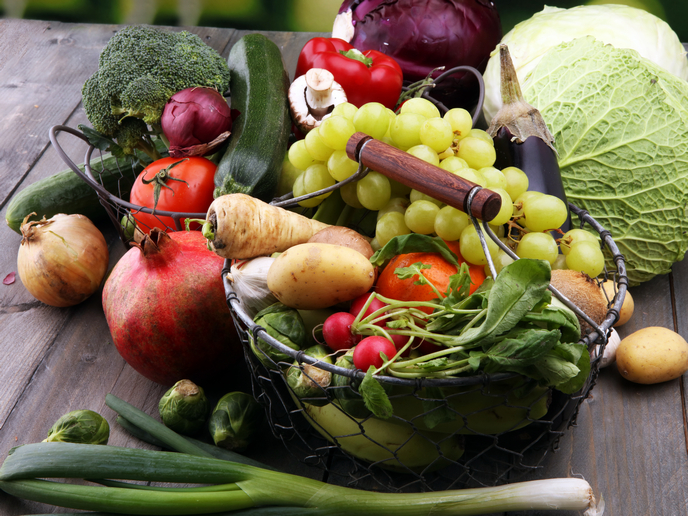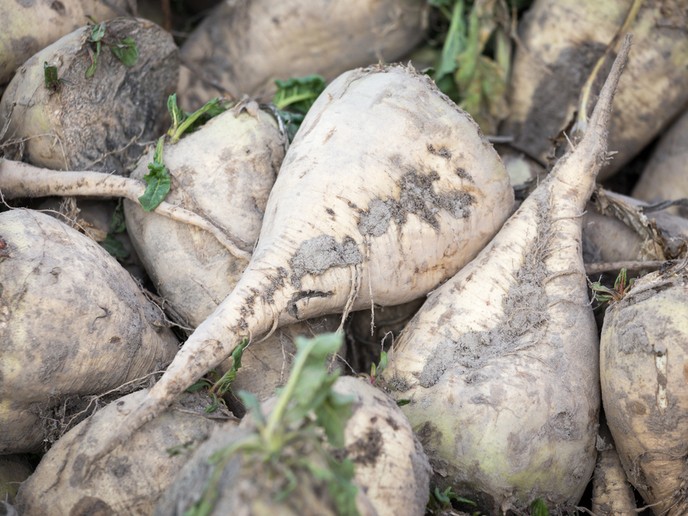Cleaner and safer processing in abattoirs
Conveyor belts comprise a continuous loop of material used to transport materials or objects over a distance. In the meat and poultry industry, a more efficient conveying system relies on minimising the downtime for belt cleaning. With this objective in mind, the EU-funded 'Hygienic and energy optimized conveyor belt for the slaughtering industry' (HYCON)(opens in new window) project was set up. The project's aims included developing a new, superior belt material in combination with an automated cleaning system in order to significantly enhance hygiene and food safety. Project members developed several innovative solutions to the future challenges in processing and product handling. These include two different conveying concepts: a flat belt conveyor and a closed belt conveyor system. In addition, HYCON investigated the use of plastic gear wheels without lubrication in order to develop an oil-free motor for driving the belts. However, it was established that plastic gears could not withstand the complete range of loads required or last a reasonable lifetime, even if they were lubricated. Normally, conveyor belts move items in straight lines but do not turn corners. However, the now completed HYCON project pursued the radical idea of conveying material that could turn corners in a closed environment so as to protect the goods being transported. This research has resulted in a new invention called the dropbelt, which hangs from the ceiling. In the future, this innovation could lead to completely new slaughterhouse processes by dramatically reducing the potentially dangerous and intensive use of forklift trucks. In the long run, improved processing in the food environment will mean enhanced safety for the workers and safer products for European consumers.







